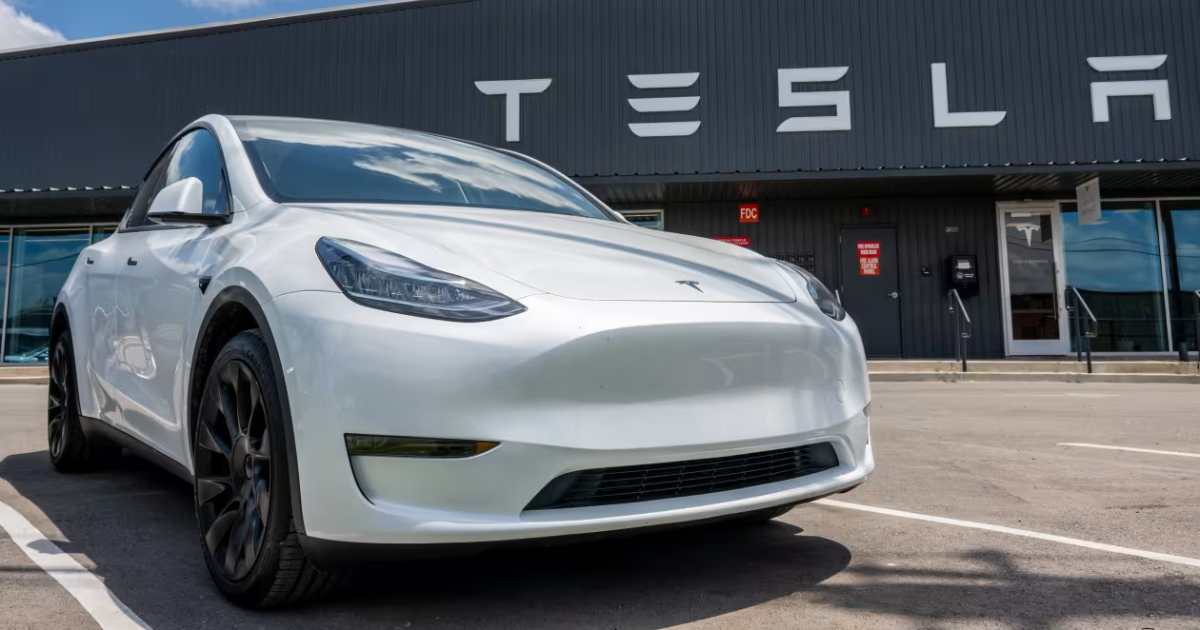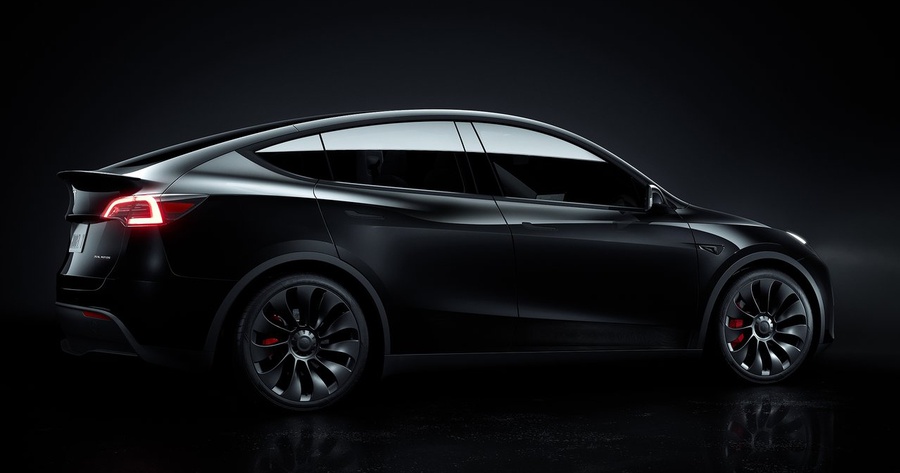The dashboards of thousands of electric vehicles display the error "BMS_a079", which indicates a malfunction in the Battery Management System. After this, the system enters emergency mode and limits battery charging to 50%. As a result, the driving range is halved.
According to data provided by Tesla to local parliamentarians, the issue affected 4,351 cars. The most affected were cars from the 2021 model year. The error occurred in 22% of all Tesla Model Y cars sold in Korea that year and 12% of Model 3 cars. Such statistics suggest that the problem is not due to natural wear and tear but a mass factory defect.
Those whose issues recurred were especially unlucky: for 245 cars, the battery failed twice, for 19 cars, three times, and one unfortunate owner faced it four times.
The company's approach to repairs only adds to the dissatisfaction. Instead of new batteries, in most cases (2,406 of all repairs), owners are given "refurbished" ones—assembled from cells extracted from other faulty or returned electric vehicles. Some Tesla owners complain that such batteries perform worse or again produce the same error.
Those who still have the active eight-year warranty for 160,000 kilometers just have to endure the inconvenience. But for others, replacing the high-voltage battery costs more than 22,000 USD (18,800 EUR).
A petition demanding a full recall and free repairs has been signed by over 14,000 people. The consumer organization "Citizens United for Consumer Rights" is officially demanding that Tesla take responsibility.
The South Korean Ministry of Environment has warned the company of the possibility of being excluded from the list for receiving subsidies when selling electric vehicles. Such subsidies provide a discount of up to 3,950 USD (3,370 EUR) on a car, and their removal could seriously impact Tesla's sales in the country.
The battery issue has compounded existing complaints about after-sales service. Although Tesla is the third most popular imported car brand in Korea and the Model Y is the best-selling electric vehicle, the company has only 14 service centers in the country. As a result, repairs take weeks. On average, it takes more than 23 days to replace a battery. In one case, an owner waited for their car for 926 days—more than two and a half years.
Source: koreajoongangdaily


